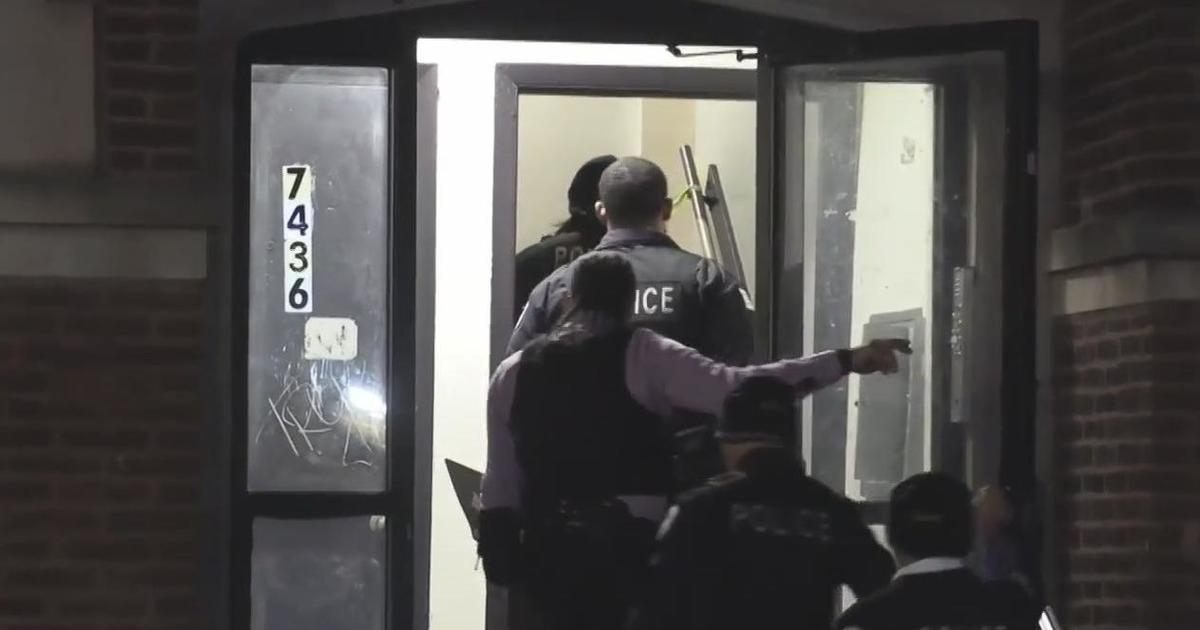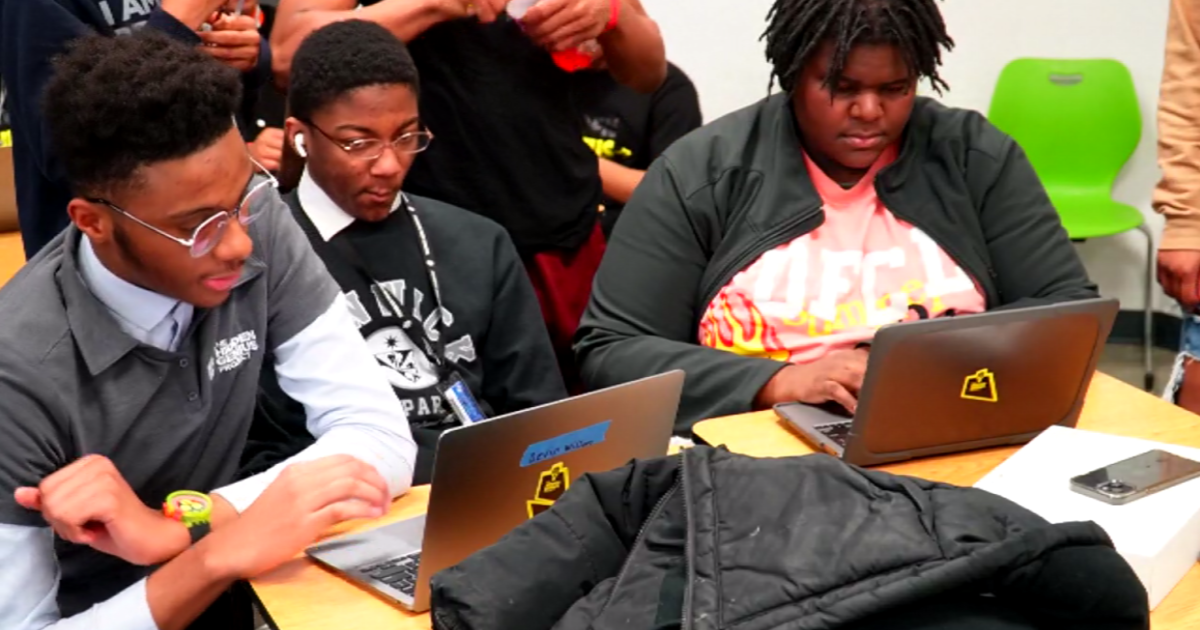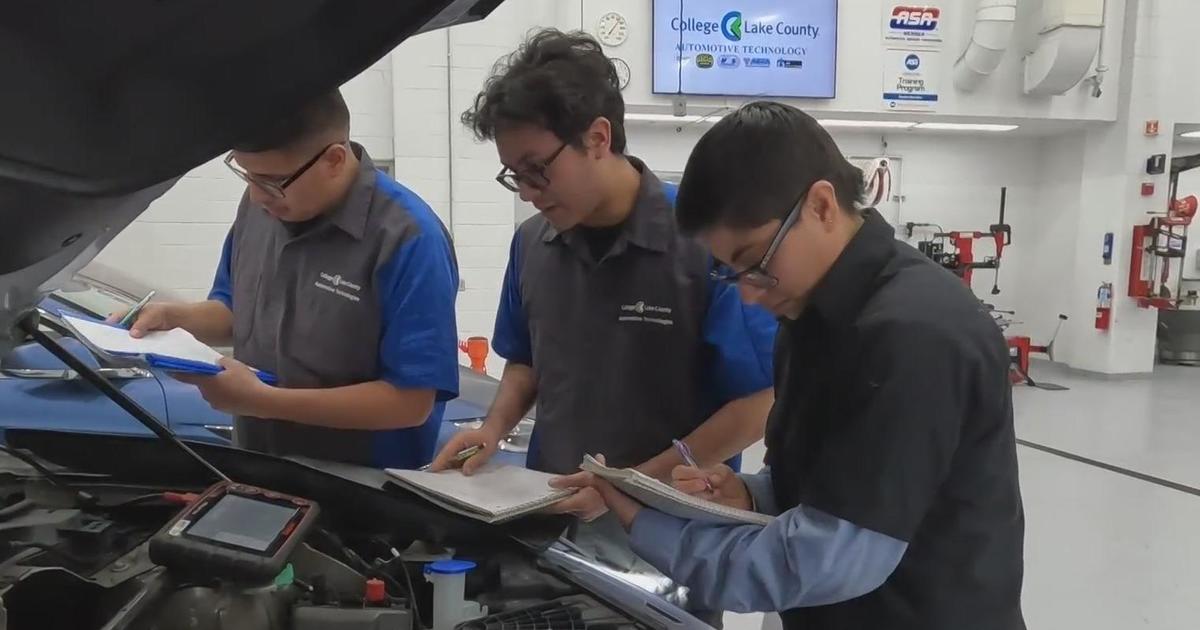Disabled Ride Share User On Proposed Tax Hike: 'It's Basically A Tax On Accessibility'
CHICAGO (CBS) -- A proposed Chicago ride share tax increase has some in the disabled community upset because they say they need the service and cannot afford the extra fee.
And they find it ironic because Chicago Mayor Lori Lightfoot, herself, is part of that community.
Lightfoot plans to hike taxes on most ride-share trips, including more than quadrupling the fee charged for solo rides in and out of downtown.
Bryen M Yunashko is DeafBlind and works as an advocate and business owner who lives near Midway Airport in the Garfield Ridge neighborhood. He said he uses a ride share often, to provide regular access for his work. Yunashko said he spends on average $11 to $17 per trip.
"I use ride-sharing because it is the only way as a DeafBlind person to ensure I get to my destination safely and accurately. Using ride sharing, I can also ensure I get to exactly the door of the building I need to go to. For example, if I am going to City Hall to discuss some accessibility issues, you cannot achieve this with city transportation," Yunashko said.
He added that he could use the bus to get back home if he was downtown, but getting there, by bus, is problematic.
"I cannot do the same going downtown because the bus stop is across the street on a heavily major street that has low pedestrian traffic, thus can take a very long time before someone can assist me to cross the street to my bus stop," he said.
According to the mayor, the combined city taxes on a solo Uber, Lyft or Via trip that starts or ends downtown would rise from 72 cents to $3. The taxes on a shared ride downtown would rise from 72 cents per trip to $1.25 per trip. Yunashko said with para-transit services, being able to get to his exact location through direct communication with a driver is a better transportation experience.
Yunashko said it's basically a tax on accessibility.
"That means it is going to cost us even more to get accessibility to Chicago," he noted.
Lightfoot said the tax is necessary to reduce traffic congestion and she said she hopes to model this effort like the ones in London, Stockholm and Singapore. Each of those cities charge most drivers a tax to drive in the central business district. New York will launch a congestion pricing plan in the Manhattan area in 2021.
"Our city, like many others across the nation, has experienced skyrocketing congestion growth due in part to the rapid growth of ride-hailing companies, making it increasingly difficult for those who rely upon Chicago's streets for commerce or transportation, and plaguing our downtown," the mayor said in a statement.
Yunashko said he's disappointed with the tax hike proposal, countering that it will only make it harder for people in his community -- and Lightfoot's -- to afford quality transportation.
"This is ironic because on July 26, 2019, on the anniversary of the Americans with Disabilities Act, the mayor announced a goal of making Chicago one of the most accessible cities. And yet, she is making it more difficult for us do things affordably," he said.
"Mayor Lightfoot, who is herself hard-of-hearing, needs to start taking disability inclusion into her policy making decisions and proposals. She cannot keep treating us like an afterthought. We have the right to accessible and affordable living and business in Chicago."
Yunashko added that one option would be for Lightfoot to work with ride sharing services to provide discounted waivers to the disabled.
The proposed congestion tax is subject to City Council approval.




